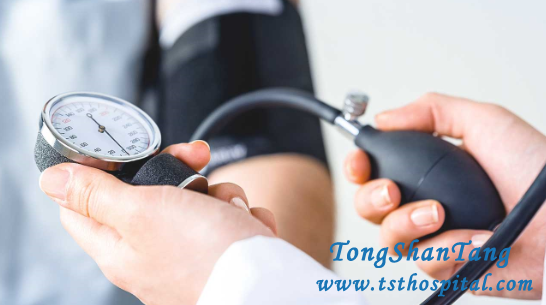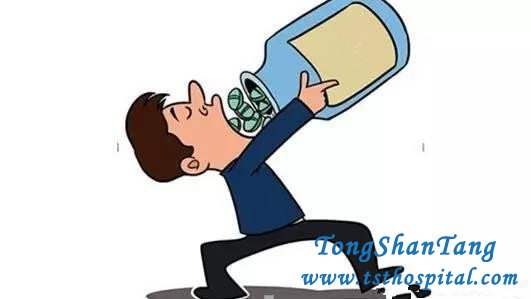When referring to high blood pressure, kidney patients must be very familiar.
There are many types of kidney diseases. No matter which kind of kidney disease you have, your doctor tell you to control blood pressure.
Today let’s talk about Hypertensive Nephropathy. Some renal patients asked me how to slow down the progression of Hypertensive Nephropathy to the maximum. After referring to many materials, I made the following summary.

1. To have a clear treatment focus
The cause of Hypertensive Nephropathy is high blood pressure. If blood pressure can not be reduced effectively, it may cause further kidney damage. Therefore, the treatment should focus on deceasing blood pressure, and then treat the damaged kidneys.
The ideal blood pressure for kidney patients is under 130/80 mmHg. But the treatment of hypertension should be individualized. That is to say, under different conditions, there are different blood pressure values. For example, when proteinuria exceeds 1 g/d, the blood pressure should be controlled below 125/75 mmHg.
2. How to reduce blood pressure effectively?
There are two aspects. One is medical treatment, and the other one is non-drug treatment.
(1) Medical treatment

Here let’s see some misconceptions about the treatment of Hypertensive Nephropathy.
Misconception 1: To use short-acting drugs for long-term
Short-acting antihypertensive, such as Nifedipine, which has the characteristic of quick absorption and quick effect. But it maintains blood pressure for a short time, which leads to blood pressure fluctuating. Frequent medication can make patient easy to forget or miss it. In order to maintain regularity and long-term treatment, long-acting drugs are suggested.
Misconception 2: To use lots of diuretics
Patients with Hypertensive Nephropathy usually have swelling more or less, thereby diuretics can help eliminate swelling and lower blood pressure. But use them for long-term can elevate blood sugar level, blood lipid level and uric acid, or even cause low blood potassium, low blood sodium and hypomagnesemia.
Misconception 3: To use ACEI or ARBs blindly
-Some patients do not use them. Because they heard that these medications can elevate serum creatinine level if your renal function is impaired.
-Some patients always use them even when their blood potassium level is high. Because they heard that these medications are good for kidneys.
Misconception 4: Irregular medication
Treating hypertension is a long-term process. If you can not keep on the medication, it can cause fluctuating blood pressure and reduce their effect so as to make your kidney condition worse.
(2) Non-drug medication

-To maintain good mental state
-To do exercises regularly. For example, to walk 30 minutes every day for 5 times each week.
-To eat less fat and more vegetables.
-To eat less salt and oil.
3. What to do when blood pressure is stabilized?
You should monitor kidney function, blood pressure, blood potassium, proteinuria and other indexes regularly.
If you have high uric acid level, high cholesterol level and so on, you should find out the root cause and treat it timely to avoid elevating blood pressure again.
All in all, to slow down the progression of Hypertensive Nephropathy, the important thing to do is to control blood pressure, and meanwhile monitor other indexes. If there is any abnormal index, go to see doctors immediately. For more information on Hypertensive Nephropathy, please leave a message below or contact online doctor.
- Email:tsthospital@hotmail.com
- WhatsApp/WeChat/Phone Number:+86 15512139310
- Kidney Treatment Group:
- https://chat.whatsapp.com/2ZCOvebPJdr9QGkyfiqxDz
- Tag: Hypertensive Nephropathy Hypertensive Nephropathy Treatment
- previous:Chinese Medicines Treat Proteinuria 4.15g In Membranous Nephropathy
- next:What Are the Side Effects to Take Anti-hypertensives for Long Term

